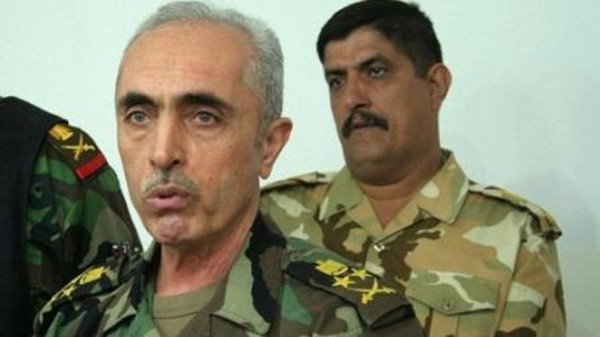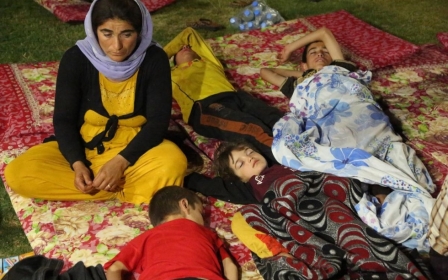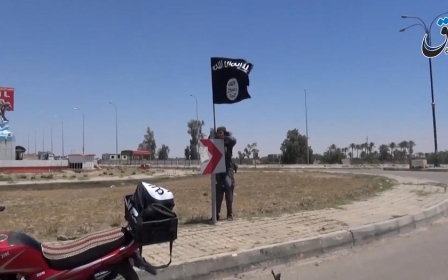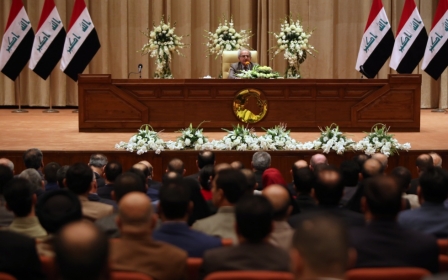Iraqi chief of staff retired by prime minister

Iraq’s Prime Minister Haider al-Abadi “retired” the Iraqi army’s chief of staff, General Babaker Zebari, on Monday according to Abadi’s spokesperson.
Zebari is the most senior officer to be removed since the self-proclaimed Islamic State group took over large parts of the country last year.
Saad al-Hadithi, the spokesman, told AFP that the general “has been retired” following orders from Abadi, but did not elaborate further.
Following the lightning capture of Iraqi territories by IS beginning in June 2014, the prime minister has fired top commanders and senior officers within the Iraqi army as part of his plan to rid the army of corruption and patronage, as well as to reform the security apparatus.
It is yet unknown as to whether Zebari, who became chief of staff in 2003, was dismissed as part of that effort, or for other reasons.
Yet Arab media sources have reported that Zebari, a Kurd with close relations to the Kurdistan Democratic Party, requested the retirement himself.
These sources say that Zebari first handed in his resignation in October 2014, as he felt that the defence minister was handling decisions without consulting him, but was forced to withdraw his request after being pressured to do so.
The Iraqi army has been wrecked with corruption, a shortage of required military supplies, and a lack of training - which the US forces stopped providing after their troops withdrew from Iraq in 2011.
Some critics blame the army for the spread of IS in the northern and western parts of the country, pointing out that corrupt commanders gave up US-made weapons in addition to military secrets to IS in exchange for a large sum of money.
Poor coordination, as well as a lack of motivation and miscommunication have resulted in the army failing spectacularly to push back or challenge IS.
The latest IS victory, which saw the militants seize control of Ramadi in the western province of Anbar in May has also been widely blamed on confusion regarding orders from the central command, and a misunderstanding of whether reinforcements were going to be sent their way or not. Lacking leadership, many soldiers fled their posts and abandoned their vehicles and uniforms.
During Zebari’s tenure as chief of staff, the Iraqi government, headed by former Prime Minister Nuri al-Maliki, centralised control of the armed forces in his office, effectively devolving military responsibility by bypassing the defence ministry.
Prior to the US forces’ withdrawal, Zebari frequently warned that the Iraqi army needed years more of training and support to be independently battle-ready, and appealed for US forces to stay.
In 2010, he told AFP: “If I were asked about the withdrawal, I would say to politicians: the US army must stay until the Iraqi army is fully ready in 2020.”
Middle East Eye propose une couverture et une analyse indépendantes et incomparables du Moyen-Orient, de l’Afrique du Nord et d’autres régions du monde. Pour en savoir plus sur la reprise de ce contenu et les frais qui s’appliquent, veuillez remplir ce formulaire [en anglais]. Pour en savoir plus sur MEE, cliquez ici [en anglais].




